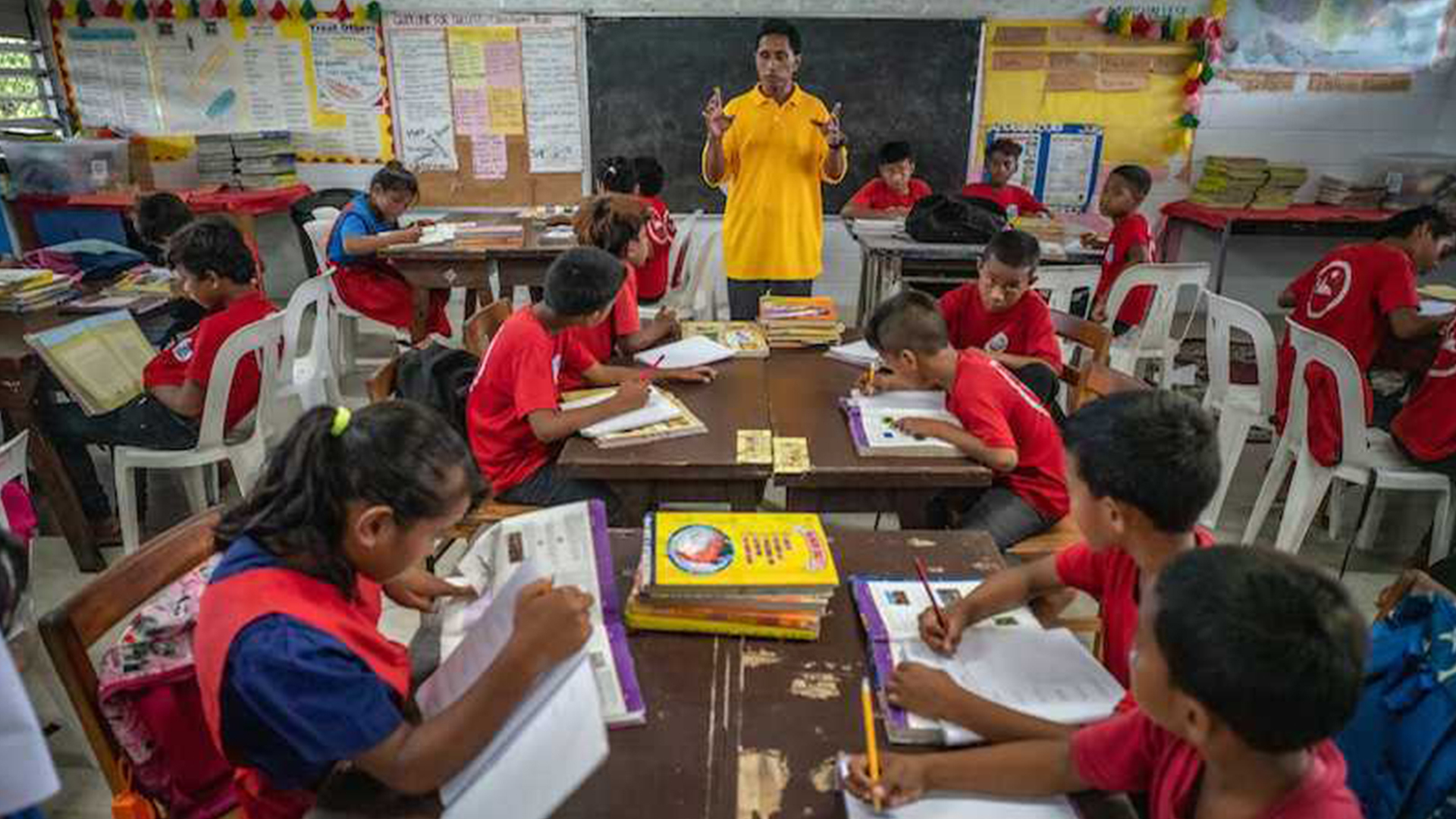How inclusive education can impact social transformation
2 December 2020 — Written by Reyan Mishra

The education system has been undergoing a period of constant transition for the last few decades. Setting out from the sketching of global benchmarks to the streamlining of liberal arts, a spate of positive changes have come into being. A bulk, however, yet remains to be reformed especially to ensure that learning is not an ‘option’ and is easily accessible to each and everyone in the very same form. Fortunately, the 21st century has seen a vastitude of efforts of different nature being directed towards inclusive education. One such improvement has come in the form of inclusive education which is setup that allows students with special needs to share the classroom with general students.
Needless to say, the prospects of humanitarian goals being achieved will surge, if the process is carried out in a proper manner. Well, as the procession goes on, it’s important to shed some light on the role of inclusive education in social transformation.
Difference Between Inclusive Education And Mainstreaming
Before we dive into how inclusiveness in schools helps blur the lines between the haves and the have-nots, it’s important to note what inclusivity means from the standpoint of education. In the simplest form, it is a practice of putting an end to the demarcation in formal and informal learning. More often than not, inclusive education is confused with ‘mainstreaming’ which directly implies when students with special needs are kept in a general or non-special atmosphere with general students. Initially criticized due to the concerns over the difference in pace of learning between students with special needs and general students, the concept is gradually getting sanctioned by ed-observers. Obviously, one of the prime reasons for ever-rising approval of inclusive classrooms is a derivative of how effective the system is in bringing about a favorable change in society.
A Deeper Look At Inclusiveness In Learning
The impacts of inclusive education are multi-faceted – with the most important one being the well-being and progress of students with special needs. Mainstreaming is a constituent under the umbrella of the integration model of education which helps special-needs students learn at the same pace as general ones. Though special classrooms try to tailor to the needs of special learners, there is an inevitable slowdown in the learning process which leads to certain lag. Inclusive classes, however, do not differentiate between the two and treat students almost equally which spurs up a sense of normality among them. General students also get a chance to learn how they can support their special academic peers.
Now let’s look at the social transformation that education-for-all may make possible with the help of predicaments that are painfully relevant to the world.
The involvement of girls in education has never been very commendable. Currently, the global illiterate population of young girls is towering over 61.5% and it’s taking its toll on society big time. Education of females is an obvious important step towards ending domestic violence, diluted voting, suppression, and female-disease burden. Besides gender, inequality in education may take other forms based on caste, race, income, and sexual preference, etc.
Historically not only in India but all across the world, a portion of the population lags behind owing to multiple reasons. However, the major factor contributing to adversity is the non-existence of education for a specific section of society. For example, of all sixteen countries situated in the territory of West Africa, fourteen fall behind even 60% - which is truly a very poor indication concerning the well-being of the population. Caught intensely in the clutches of an inadequate system, backward mindset, and resourcelessness, most children in the region remain outside the education system.
Clearly, there is a pressing need to root out factors that get in the way of an all-encompassing education regime. To make sure that no country or society downplays the significance of inclusivity in learning, United Nations’s goal no. 4 stresses the significance of inclusive and equitable quality education. It also expands the subject of the need for physical infrastructure and a diverse, constraint-free atmosphere for learning.
Education is the fundamental right of an individual, however, the impacts are weak if everybody doesn’t have the opportunity to learn. Is enough attention being centered around the issue? There is no clear answer, despite a surge in literacy rate being positively correlated with health, happiness, and development.
The above points cover the fundamentals of social transformation – equality, justice, livelihood, and development. The offerings from a more complete education are what the societies need. It is clear that inclusive education will pave the path for a social transformation like no other, but it’ll only hold true if it’s implemented and carried out keeping in view every section of learners in the society.
What has been your experience? Tell us in the comments below.
Stay tuned for more posts on inclusion in schools, this December on the Beyond 8 blog.